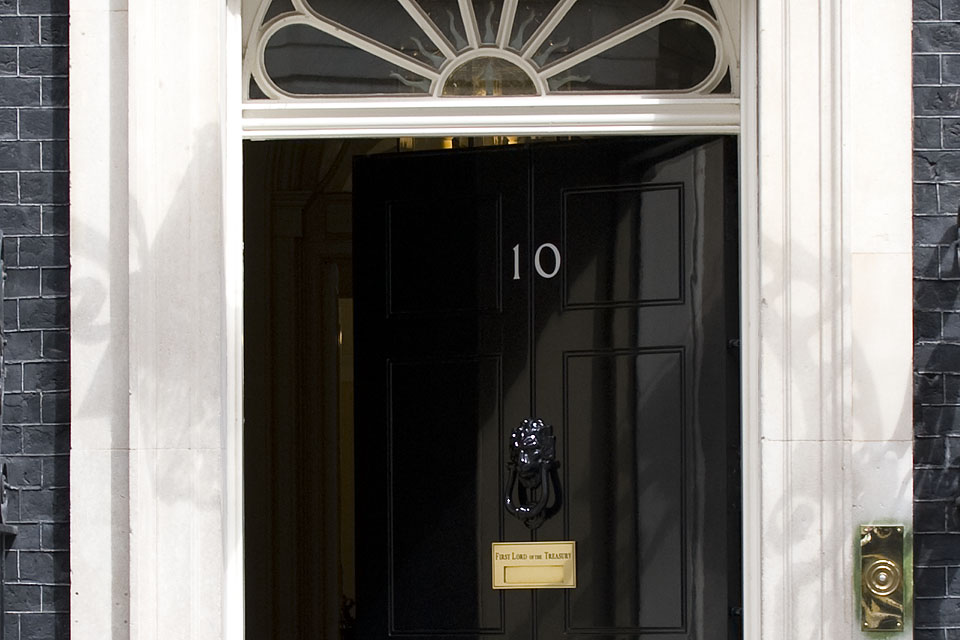Britain’s political fiasco is unprecedented.
Since 2016, the erstwhile strong and respected Great Britain had to change four prime ministers, and now it is looking for a fifth.
The case of Liz Truss, however, was beyond imagination. She remained in office for just 44 days, a shorter time span than the campaign in which she was elected Tory leader.
She reached the point of informing the House of Commons with disarming honesty that she is not able or in a position to carry out her prime ministerial duties!
Her resignation was preceded by her unsuitable, under current international and domestic economic conditions, package of economic measures that was strongly disputed by the markets and forced the Bank of England to announce that it was prepared to spend up to a whopping, £ 65bn to buy long-dated UK government bonds in order to stem a market rout, to manage to the degree possible the plunge of the pound, and to avert a bankruptcy of insurance funds!
Truss’s unsteady policy literally left behind chaos and a floundering UK desperately seeking a new leadership, and initially the return of Boris Johnson was not ruled out, before he declared and then withdrew his candidacy.
Clearly, all the choices of leaders over the last six years were determined by the strategic error of Brexit.
The British political system is entirely responsible for the protracted crisis in that great country.
It was swayed by waves of populism and conspiracy theories that prevailed over the last decade.
At first, the British political system was influenced by Donald Trump’s ahistorical claptrap regarding protectionism.
Then it became entrapped in Nigel Farage’s unconscionable campaign against the “Polish plumber” [who would snatch the jobs of Britons].
Later, it underestimated the power and capabilities of the European Union, and the protection and confirmation that its participation in the world’s noblest post-war political structure offered.
Then, Britain was charmed by Boris Johnson’s imperial-style megalomania, based on a revival of the grandeur of the Commonwealth and special commercial agreements with the US, Australia, India, South Africa, Canada, and other countries.
None of this moved forward or panned out in the last six years.
On the contrary, what was revealed was the inter-connectedness and interdependence of economies in the contemporary, open world.
That is Britain’s major strategic mistake, which obviously cannot be managed by individuals or forces that are defined by it and believe in it.
Essentially, the UK has lost its way.
It ruptured a relationship that gave it strength, funding, and prestige, and now in all facets of economic and social life it is confronted with the revenge of the Polish plumber and the decline of the City, London’s financial centre.
Along with all that enormously powerful multinationals have fled, in search of a European umbrella and security.
The truth be told, the UK will not be able to survive the current crisis without a bold strategic shift and change.
This is perhaps the great message that has come out of London over the past days.
The contemporary world cannot be interpreted with populist or conspiracy theory approaches, nor can nations move forward with leaps into the void, without a compass and constants.
Let this be a lesson to us, because from time to time in our country we see imprudent, mindless, and irrational approaches, despite the bitter experience of the recent past.




